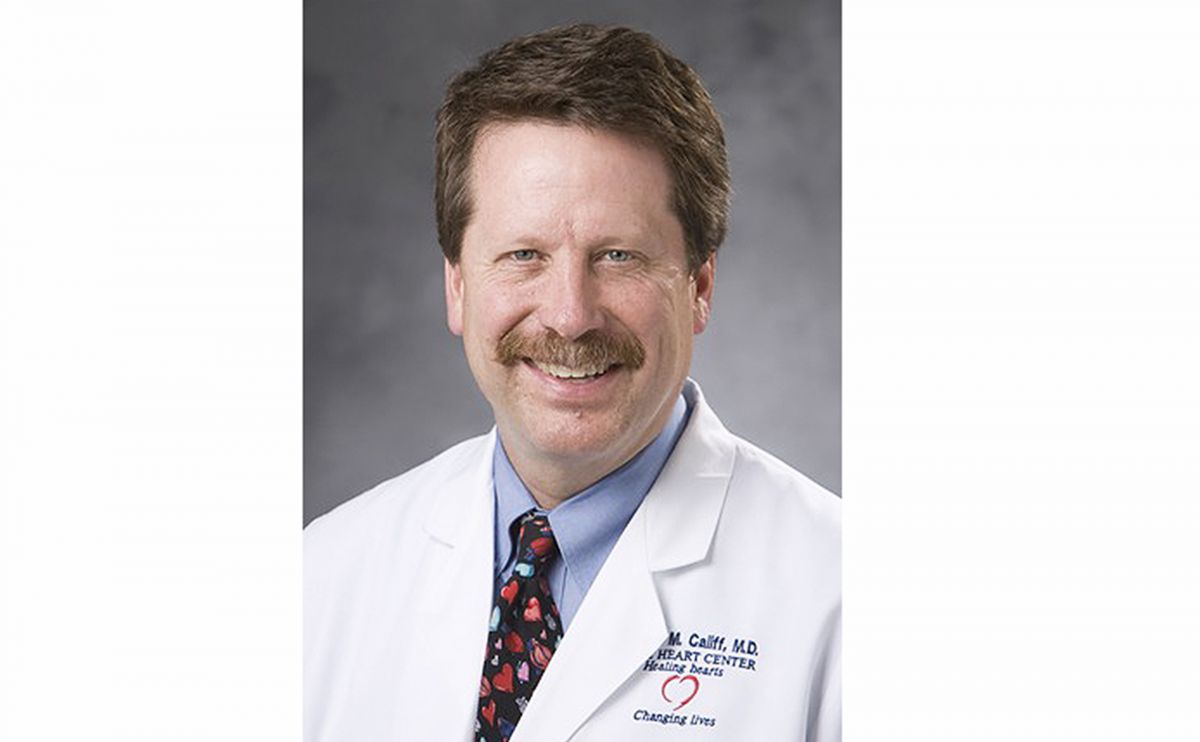Dr. Robert Califf, former vice chancellor of clinical and translational research, may soon be taking helm of the U.S. Food and Drug Administration, but not without resistance from organizations and politicians who argue that his experience at Duke has made him too close to the industry.
President Barack Obama announced his nomination of Califf—who is currently the deputy commissioner for Medical Products and Tobacco—for FDA commissioner in September. Since then, certain health and patient advocacy organizations and politicians have voiced concerns about Califf’s ability to lead the regulatory agency of the pharmaceutical industry, given his extensive history working with drug companies and leading clinical trials. Many in the medical community have endorsed him, however, arguing that his well-known expertise and scientific integrity make him the best candidate for the job, which involves decisions on whether certain drugs or medical products are safe and effective enough to bring to market.
“Rob has gotten almost uniform support from his academic colleagues, even some of which are very strongly anti-industry,” said Dr. Eric Peterson, executive director of the Duke Clinical Research Institute, who added that he considers Califf a mentor and a role model. “Dr. Califf is an incredible scientist and a wonderful doctor. Rob is considered incredibly knowledgeable and fair and a change agent in all of the things seen as needed by the FDA.”
Califf’s nomination awaits approval from the Senate Committee on Health, Education, Labor and Pensions. At his first confirmation hearing Nov. 17, most members seemed “largely friendly” and “set to support his candidacy,” according to the New York Times. Presidential candidate Bernie Sanders and Massachusetts senator Elizabeth Warren, both Democrats, were among those who voiced their opposition, with Sanders ultimately saying he would not vote for Califf.
“If you look at my record, you will find I have never been a proponent of lowering standards; if anything I’ve argued for raising standards,” Califf said in response to a question from Warren regarding the FDA’s regulatory standards, according to TIME.
Considered one of the world’s leading experts in clinical trials, Califf was the founding director of the DCRI, the largest academic clinical research organization in the world. With its $320 million in annual funding, the DCRI conducts clinical trials of medical products and pharmaceuticals to determine their safety and effectiveness. According to the DCRI’s 2014-2015 annual report, 63.3 percent of its projects fell under the “commercial” category—projects funded by pharmaceutical and medical companies—and 36.7 percent of its projects received funding from the federal government. As of 2007, industry accounted for nearly 60 percent of nationwide clinical research funding, and the federal government funded 33 percent.
“The realities of today are, if you look at where clinical research funding comes from in this country, a very high percentage does come from the commercial or industry side of the world, as opposed to only being funded by federal dollars,” Peterson said. “It’s a testament in part to Rob’s character, or at least to any worry of a perceived conflict, that Rob’s probably had more negative studies showing the product is not safe or effective than he’s had positive studies. He’s reported negative results with equal passion as he has the other side of the coin.”
Peterson said that he didn’t see a conflict between Califf’s potential role with the FDA and his work with the DCRI, adding that the organization has “always gone to great lengths” to establish contracts that allow the researchers to independently analyze and publish the results of their trials.
“The reason the DCRI has gotten as successful as they have is because companies know they do rigorous research,” said Dr. Peter Ubel, Duke physician and professor of business, medicine and public policy. “People really have to look, is there any record of Dr. Califf bending a little or massaging the science to benefit a company? I haven’t heard any of that, so that to me is the greatest evidence that he’ll be able to objectively evaluate things.”
Califf’s opponents have also pointed to his financial relationships with pharmaceutical companies as potential conflicts of interest. His financial disclosure statements to Duke show that he received personal income outside his University salary in the form of consulting fees from pharmaceutical companies, between $15,000 and $75,000 annually in 2014, according to TIME.
To read the rest of this article, please visit The Duke Chronicle.

